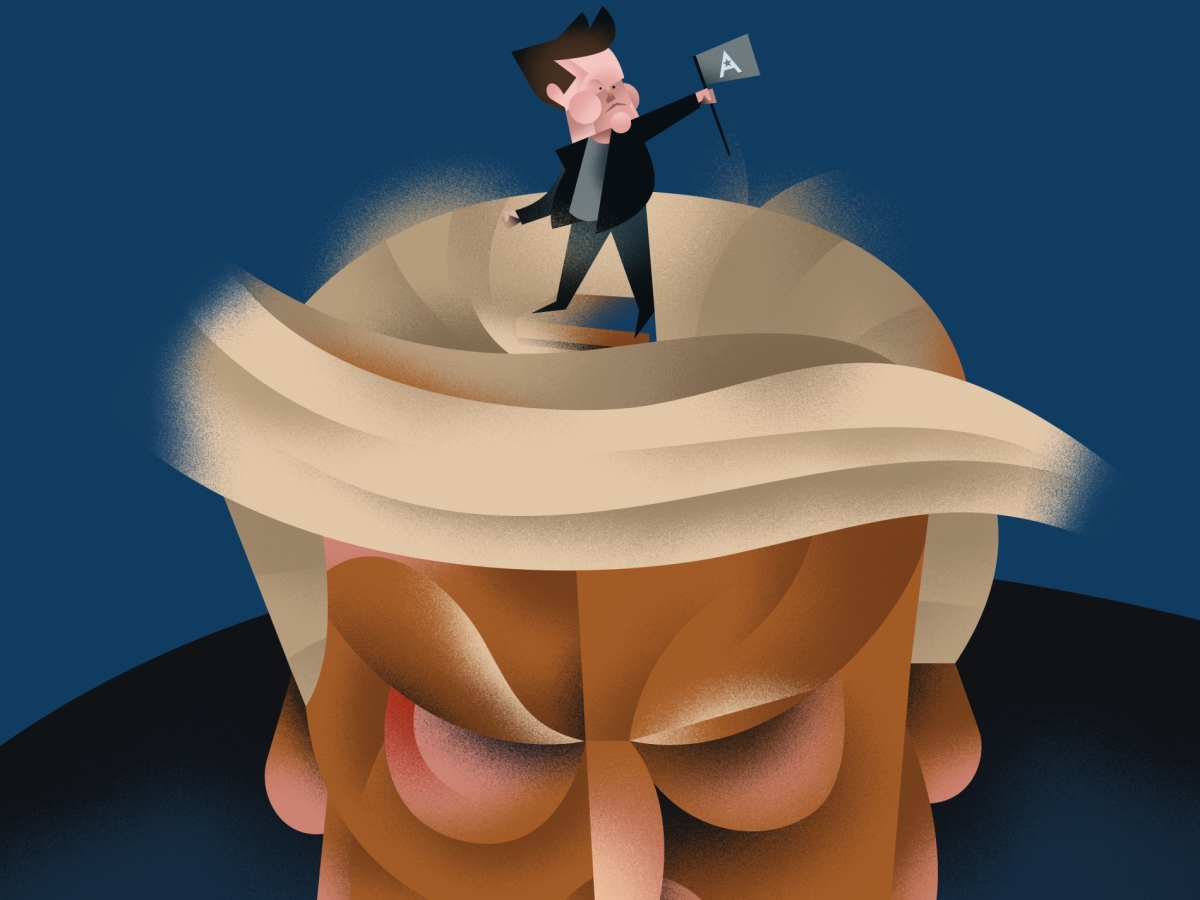Entrepreneur Elon Musk’s spat with Donald Trump took a new turn earlier this month when the Tesla chief announced that he was challenging the US president’s agenda by launching a new political party. The world’s richest man, Musk was a Trump ally until recently, when the pair fell out spectacularly over a bill containing Trump-inspired tax cuts and spending plans that will add trillions of dollars to the national debt.
Musk has now suggested that his ‘America Party’ will at first focus on winning a handful of Senate and Congressional races, with the goal of being able to cast the deciding vote to block or shape Trump’s most contentious bills. Trump dismissed Musk’s intervention as, “ridiculous,” saying: “Third parties have never worked. It’s always been a two-party system... starting a third party just adds to confusion.”
He has a point, insofar as US politics have been dominated by the Republicans and Democrats since the mid-19th century. Third parties have come and gone, unable to make much headway, so is Musk’s intervention doomed to fail, or might examples from other countries offer him hope?
Two-party system
The full scale of Musk’s ambitions for the America Party is as-yet unclear. He may only want to act as a spoiler for Trump with a few Congressional seats. But the new party’s announcement on X, Musk’s social media platform, suggested greater ambitions. “We live in a one-party system, not a democracy,” he said. “Today, the America Party is formed to give you back your freedom.”
Should he hope to go beyond a handful of seats, the odds are stacked against him. America’s ‘first-past-the-post’ electoral system heavily favours the existing two main parties, as they have the resources, the activist networks, and national recognition to fight multiple elections.
















